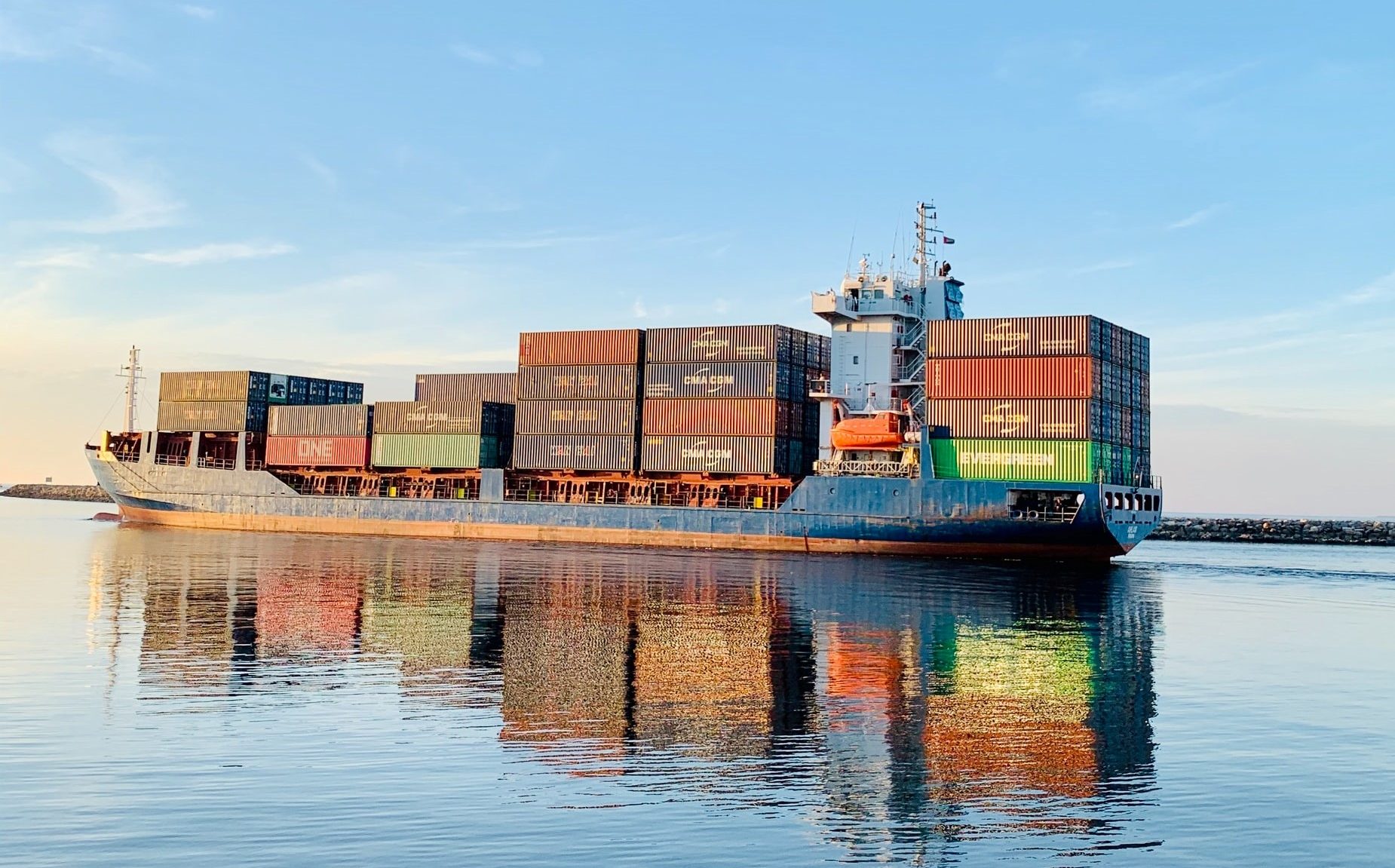“Someone’s sitting in the shade today because someone planted a tree a long time ago.”
Warren Buffett
Although media reports focus on the issues faced by businesses post-Brexit, opportunities arise for companies who can implement arrangements to overcome these difficulties, allowing them to continue to trade with the EU whilst laying foundations for growth into new markets.

Three weeks have passed since the UK/EU Free Trade Agreement became effective. Initially welcomed by businesses due to no tariffs being applied on the movement of goods between the UK and the EU, some companies are now starting to incur unexpected issues.
In addition to the increase in licenses and documentation for the movement of food products, other wholesalers, distributors, and retailers are facing additional hidden costs when selling product to customers in the EU.
Charges to import duties can still apply (despite already having been paid in the UK) where the country of origin of the goods is outside the EU. For example, where goods have been manufactured under licence in China or other non-EU country. Import VAT is also payable in the EU Member State of destination and further costs arise in the form of brokerage charges payable to couriers and freight companies. When added up, such costs can be as much as 40% of the product price.
Unless companies have already implemented solutions to deal with these issues, it is typically the customer who will be liable for the extra expense.
Businesses that take responsibility for changes and disruptions to customs and VAT have an opportunity to optimise the customer journey
We live in an ever-increasing digital age. E-commerce continues to enjoy significant growth in comparison to the high street, and businesses able to optimise the customer journey can gain real competitor advantage.
One way in which businesses can optimise that journey is by taking responsibility for customs and VAT, ensuring any hidden costs, and reporting obligations are not passed on to the customer. By ensuring customers can simply order and buy at the advertised price is likely to result in a much lower volume of customer queries, therefore ensuring customer retention levels.
In addition, it allows the business to take control of its supply chain reducing the risk of goods not clearing customs due to incorrect paperwork, which in turn creates delays in orders being fulfilled, having a detrimental impact on the customer journey.
Careful structuring and the implementation of automated systems can enable a seamless trade between the UK and EU
Unfortunately, there is no such thing as a free lunch and implementing structures and arrangements incurs costs. Media reports have speculated wildly around the cost to businesses of having to register for VAT in other Member States, the implement processes and proceeding system changes required to deal with duties and customs declarations. This has, in turn, led to a number of companies, (especially SME’s) stating that they will be unable to sell to customers in the EU. Some EU companies have similarly declared they can no longer supply the UK market.
However, costs do not have to be prohibitive. With careful structuring, it is possible to implement automated systems to deal with the changes and create a reporting mechanism that enables seamless trade between the UK and EU.
It is not necessarily the case that businesses are required to incorporate entities in Europe or hold stock there. Operations can still be managed from the UK.
Specialists in the market, here to help you gain a competitive edge
Smith Cooper’s Indirect Tax team have collaborated with specialists to develop a complete service offering to deal with Duty, Customs Warehousing Management and Declarations and VAT reporting across the EU and further afield, which includes the management of fiscal representation requirements.
Our solutions are tailored to meet the individual requirements of each business and can be implemented for ongoing management to operate inhouse or fully outsourced, depending entirely on business needs.
These solutions can be relatively inexpensive when compared to the commercial advantages gained through seamless trade to customers outside the UK, and absolute savings can be generated through implementing customs suspense regimes, avoiding unnecessary double duty costs. Our solutions can also provide a robust infrastructure to deal with future growth and/or changes in regulation, for example EU distance selling rule changes scheduled for July 2021.
Our team would be happy to discuss your business and its supply chains in more detail. No charges are made for initial discussions and we can also share market and industry insights as businesses come to terms with the post-Brexit landscape.
If you would like a free, no obligation initial discussion, please do not hesitate to get in touch with our experts below, or click here. During our initial discussion, we will determine your exact requirements, and also share market and industry insights as businesses come to terms with the post-Brexit landscape.
Gavin West
Head of VAT and Indirect Taxes
T: 01332 332021
E: [email protected]
Julian Rosser
VAT Senior Manager
T: 0115 945 4300
E: [email protected]




